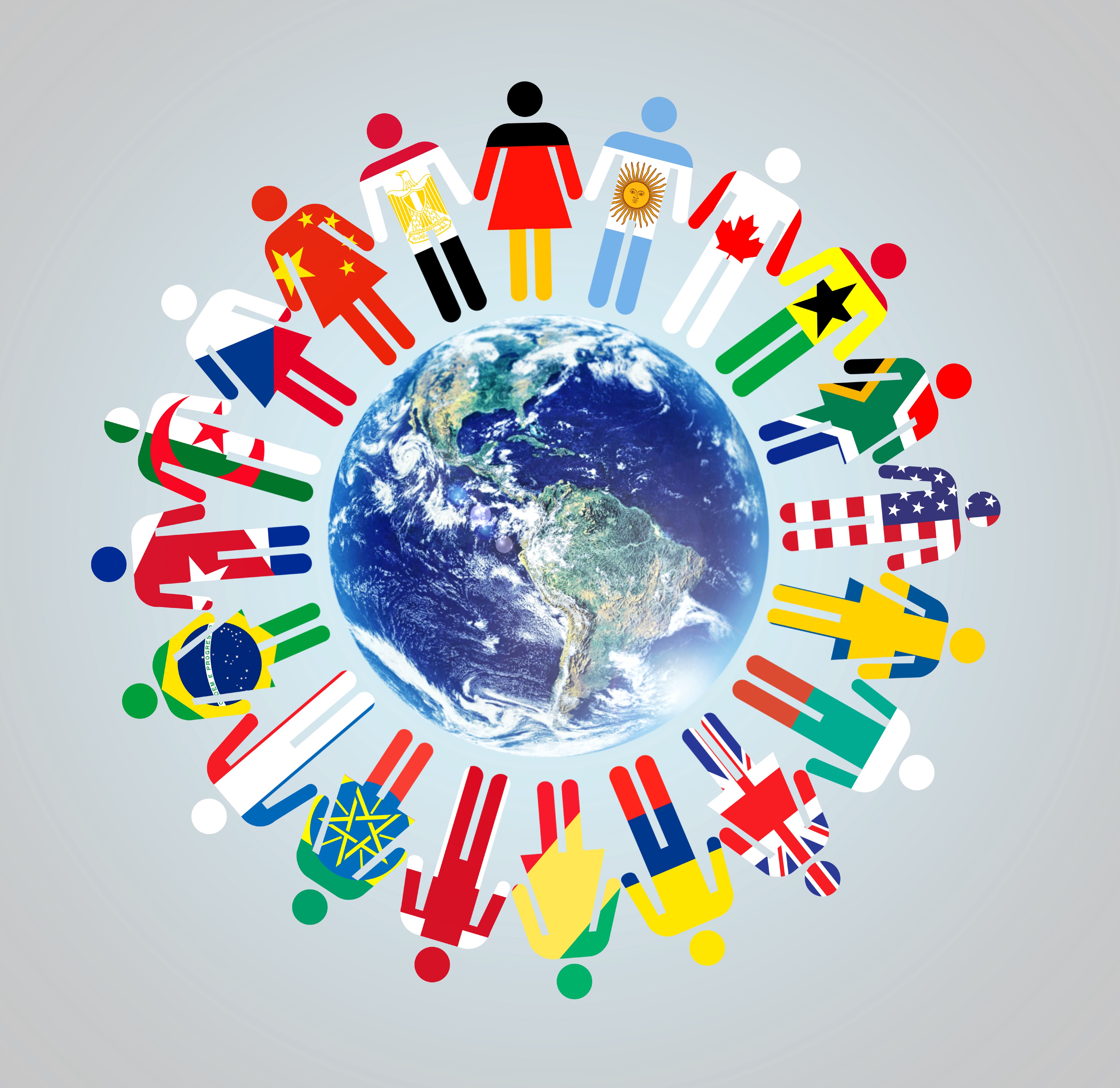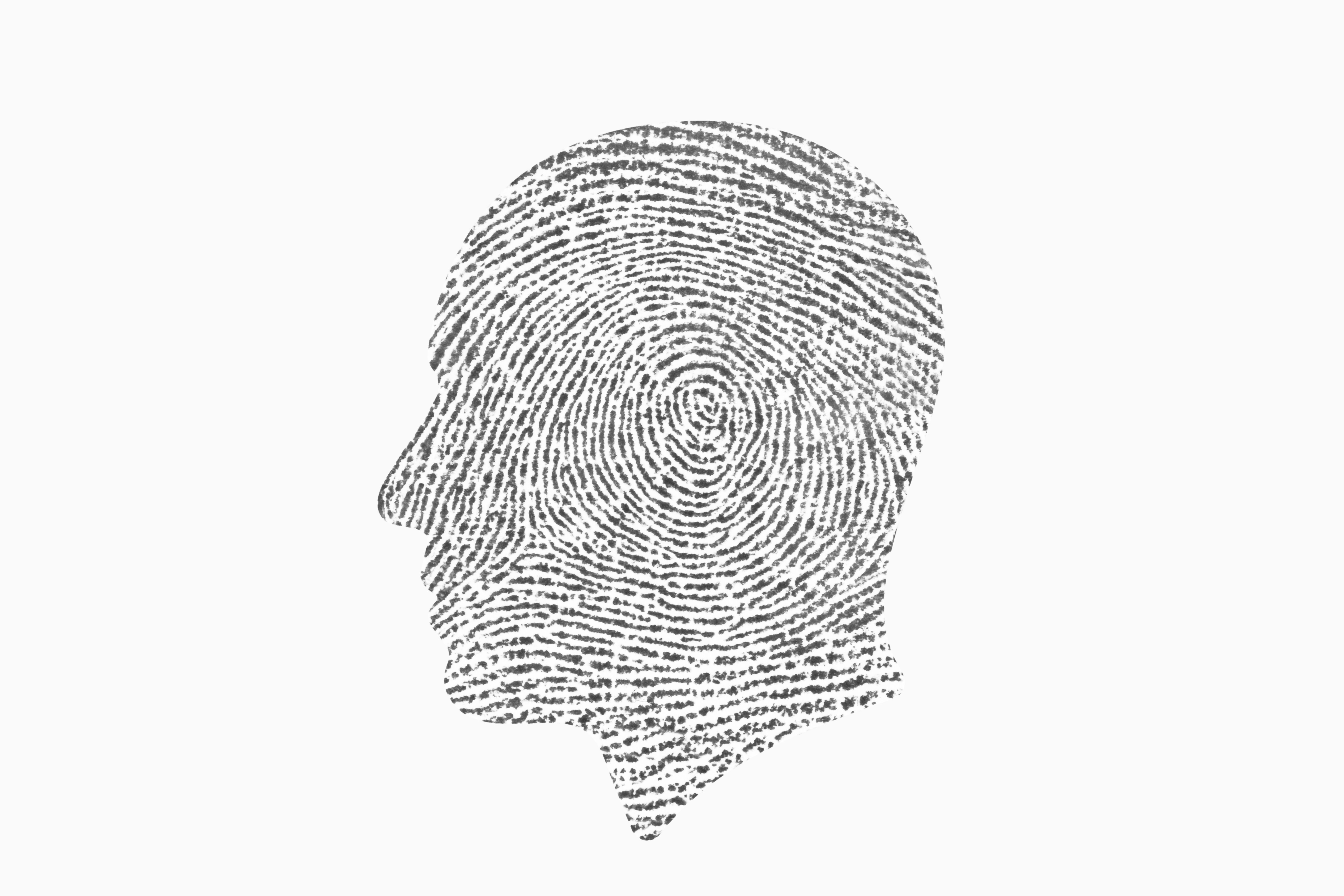Understanding Our Innate Desires
The Complexity of Human Desires
Understanding our innate desires is a profound endeavor that delves into the very essence of what it means to be human. These desires are not merely fleeting wants but are deeply embedded in our consciousness, influencing our actions, decisions, and overall life satisfaction. To comprehend these intrinsic motivations, we must first acknowledge their complexity and diversity.
At the core of our desires lies a fundamental drive for survival and reproduction, influenced by millions of years of evolution. However, human desires have evolved beyond basic needs. They now encompass a wide array of psychological and emotional facets, driven by both biological instincts and cultural influences.

Biological Roots of Desire
Our brains are wired to seek pleasure and avoid pain, a mechanism that has ensured our survival throughout history. This pleasure-seeking behavior is guided by neurotransmitters like dopamine, which reward us when we engage in activities that promote survival, such as eating and socializing. These biological underpinnings form the foundation of our desires.
Yet, it's important to recognize that not all desires are rooted in biology. As humans have evolved, so too have their environments and societal structures. This evolution has led to the development of desires that are shaped by the culture and time in which we live.
The Role of Society and Culture
Societal norms and cultural contexts play a significant role in shaping our desires. What is considered desirable in one culture may not hold the same value in another. This is evident when comparing individualistic societies, where personal achievement is often prioritized, to collectivist cultures that emphasize community and familial bonds.

Moreover, mass media and marketing have a profound influence on our desires, often creating needs where none previously existed. Advertisements present idealized images and lifestyles, subtly suggesting that owning certain products or achieving specific statuses will fulfill our deepest desires.
Desires and Personal Identity
Desires are closely linked to personal identity, reflecting who we believe we are and who we aspire to be. They act as a mirror of our values, goals, and aspirations. When we pursue desires aligned with our true selves, we often experience greater fulfillment and happiness.
However, conflict can arise when external pressures push us toward desires that do not align with our authentic selves. This dissonance can lead to dissatisfaction and a sense of unfulfillment, highlighting the importance of introspection in understanding our true desires.

Embracing and Understanding Our Desires
To navigate the complex landscape of human desires, we must embrace self-awareness and reflection. By understanding the origins and influences of our desires, we can make more informed choices about which desires to pursue and which to let go.
A practical approach is to regularly assess our desires through introspection and dialogue with trusted individuals. By questioning the motivations behind our desires and considering their impact on our well-being, we can align our actions with our authentic values and aspirations.
Conclusion: The Journey Within
Understanding our innate desires is an ongoing journey that requires patience, honesty, and courage. It involves peeling back the layers of societal expectations and connecting with our core selves. As we gain clarity about what truly motivates us, we open the door to a more fulfilling and purpose-driven life.
Ultimately, by exploring the depths of our desires, we can cultivate a richer understanding of ourselves and the world around us, leading to greater personal growth and satisfaction.